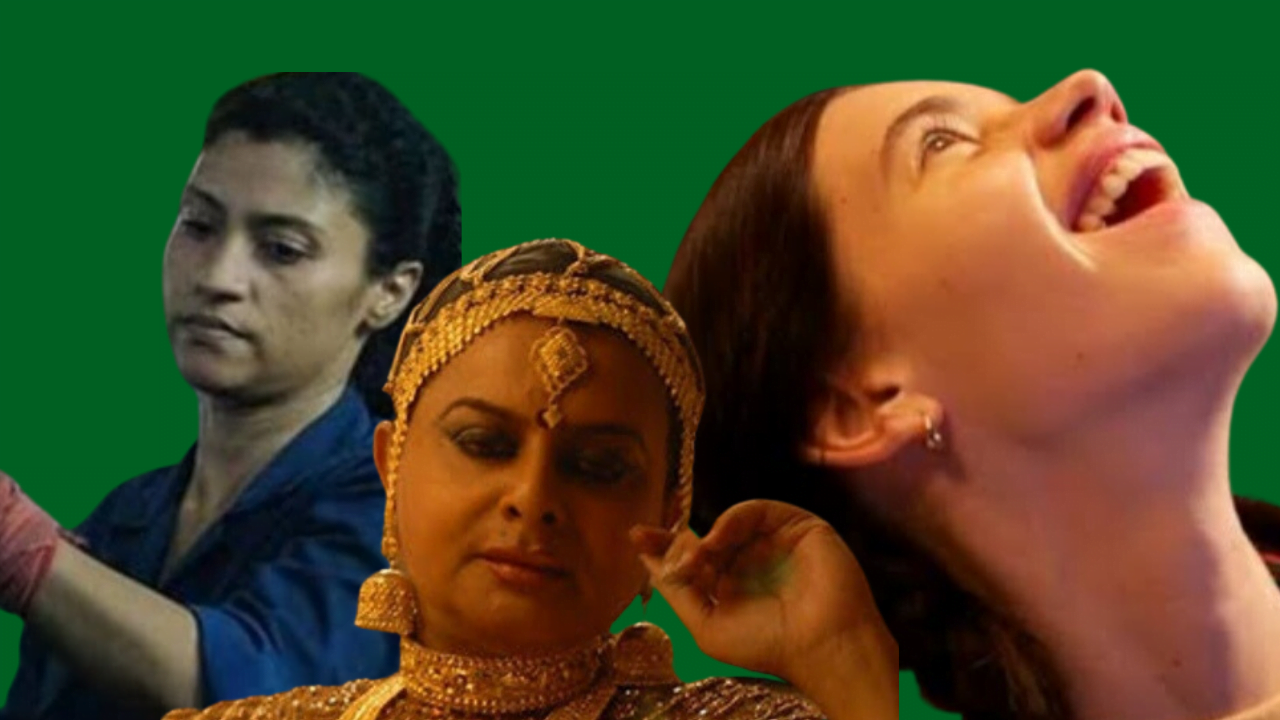The socio-cultural landscape in India has changed such that within a decade of its disastrous 2013 decision of recriminalising homosexuality, Indian Supreme Court in May 2023 considered the prospects for same-sex Marriage under the Special Marriage Act, 1954. The verdict is being eagerly awaited by the LGBTQIA+ community across the country. Although it is not just the highest court in the land which has registered these strides. Over the past years, the country has experienced remarkable shifts in societal attitudes towards queer existence and acceptance.
This transformation has found expression even within the realm of Indian cinema, reflecting the evolving perspectives of a country which still harks back to traditions and customs.
Indian filmmakers have come a long way in depicting lives which do not conform to the hetero-cis binary in a pragmatic and real light. However, it was not always the case as Indian cinema has either been silent about queer identities or presented them in annoyingly mocking characters for the amusement of a conservative audience.
Here’s a venture into the treasure trove of Indian Queer films that are testimony to this incredible change and will give you a glimpse into the queer lives brought to the screen.
- Chitrangada: The Crowning Wish (2012)
A momentous performance of self-acceptance, breaking free from societal norms, and the freedom to express one’s true self. The film repudiates how we perceive gender, and sexuality in a rather different time than ours.
A compelling portrayal by pioneering filmmaker late Rituparno Ghosh in which the protagonist goes on a journey of exploring their identity while facing the challenges of constraints put on by the family, society, and law.
A compelling portrayal by the powerful filmmaker late Rituparno Ghosh in which the protagonist goes on a journey of exploring their identity while facing the challenges of constraints put on by the family, society, and law.
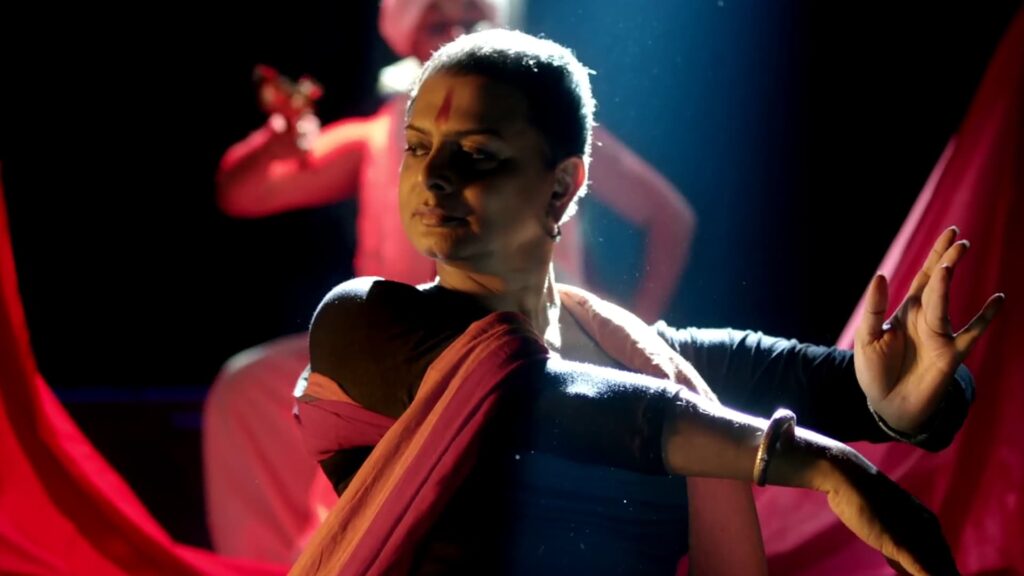
The film follows the life of a genderqueer choreographer, Rudra who falls in love with Partho. At the same time, the couple navigates through the difficulties of drug addiction. They want to adopt a child but are unable to because statutes allow that only to a ‘‘Family’’ which cannot be “two men”. With this dilemma, Rudra decides to go for a gender-affirming surgery and become a woman. Through dance, Rudra comes to terms with the anxiety that comes along with this turning event; they embark on a journey to lead a life of their choice.
What sets Chitrangada: A Crowning Wish apart is its nuanced portrayal of various marginal themes. Rituparno Ghosh deals with the subject matter with sensitivity and depth.
- Fire (1996)
Made by pioneering filmmaker Deepa Mehta, Fire is a trailblazer film which weaves a thread of female desire and sexuality in a compelling story. The tale of rejection and pity within the confines of a traditional Indian household eventuates in the companionship of two ‘sisters-in-law’ who suffocate in loveless marriages.
In a culture which reduces a woman’s body to merely a tool for men’s spiritual emancipation or a playground for men’s pleasure, Fire offers no apology for liberating women’s desire. The film breaks the shame and guilt surrounding the female desire.
In a culture which reduces a woman’s body to merely a tool for men’s spiritual emancipation or a playground for men’s pleasure, Fire offers no apology for liberating women’s desire. The film breaks the shame and guilt surrounding the female desire.
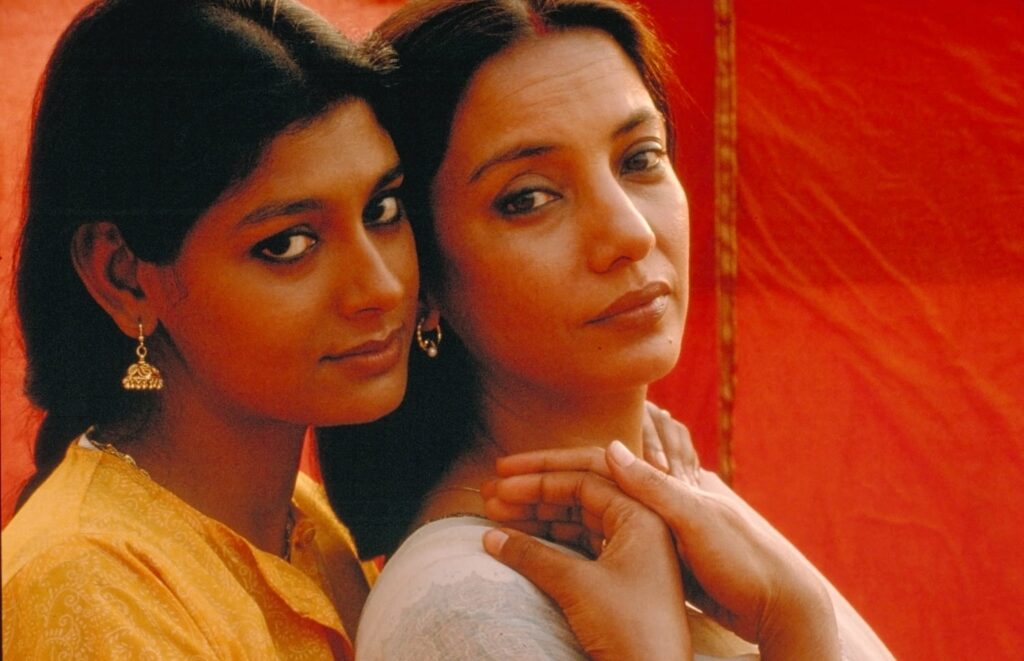
Trapped in the responsibilities of family and customs, which leaves no space for any expression of female desire, remarked by main protagonist Radha in a hard-hitting dialogue that ‘she was dead without desires.’
The throttling conservative setup raises its eyebrows at their rather ‘unusual’ intimacy, closeness, and affection. This is caricatured through the bedridden grandmother-in-law, Biji who is irked by this odd love.
The plot questions the concept of women’s bodies being for men’s disposal in nuanced ways while uncovering patriarchal impudence when it comes to the desires of men.
- Margarita with a Straw (2014)
Liberation through the pursuit of love, sexuality, and independence. The mere idea is powerful. Margarita with a Straw is a conspicuous reflection of how societal attitudes do more harm than support and are more disabling than a person’s actual condition. Not being apologetic about the disability, the film is a splendid depiction of the challenges of people with disabilities with an empowering approach.
The film blends disability, inclusion, and sexuality in a delightful storyline. The touching and moving portrayal of cerebral palsy breaks from the stereotypical Bollywood depictions.
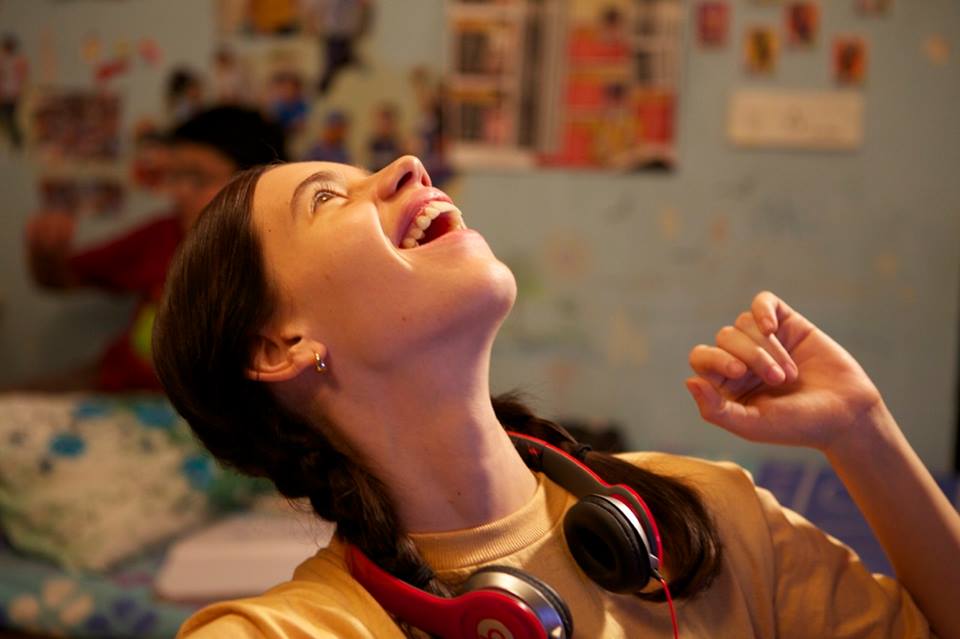
Laila’s character with disability brings sensitivity towards it while at the same time giving an accurate lens of perspective. Laila seeks space and a life of her own without the impediments which are often posed by society for people with disabilities.
Questioning the unhelpful pity towards the disabled, the film raises the point about supporting spaces with proper infrastructure and access. It is hard-hitting at times, eye-opening that people with disabilities can lead an independent life.
Questioning the unhelpful pity towards the disabled, the film raises the point about supporting spaces with proper infrastructure and access. It is hard-hitting at times, eye-opening that people with disabilities can lead an independent life.
Kalki Koechlin’s performance with a nuanced portrayal of a disabled character makes the movie a must-watch. However, the film also faced criticism for casting non-disabled actors for disabled roles.
- Geeli Puchhi from Netlix’s Ajeeb Daastaans (2021)
Complete erasure of identities through the social normative values are daily lived experiences of various communities that are left to the margins in India.
Geeli Puchhi, a part of Netflix’s anthology film Ajeeb Daastaans, captures the dynamics of caste, class, gender roles and sexuality in a powerful way.
Geeli Puchhi, a part of Netflix’s anthology film Ajeeb Daastaans, captures the dynamics of caste, class, gender roles and sexuality in a powerful way. Pointing fingers at societal inequality and systemic exclusion of the marginalised communities in caste-patriarchy without eliminating the essence of the characters’ surroundings and emotions, this film comes far ahead.
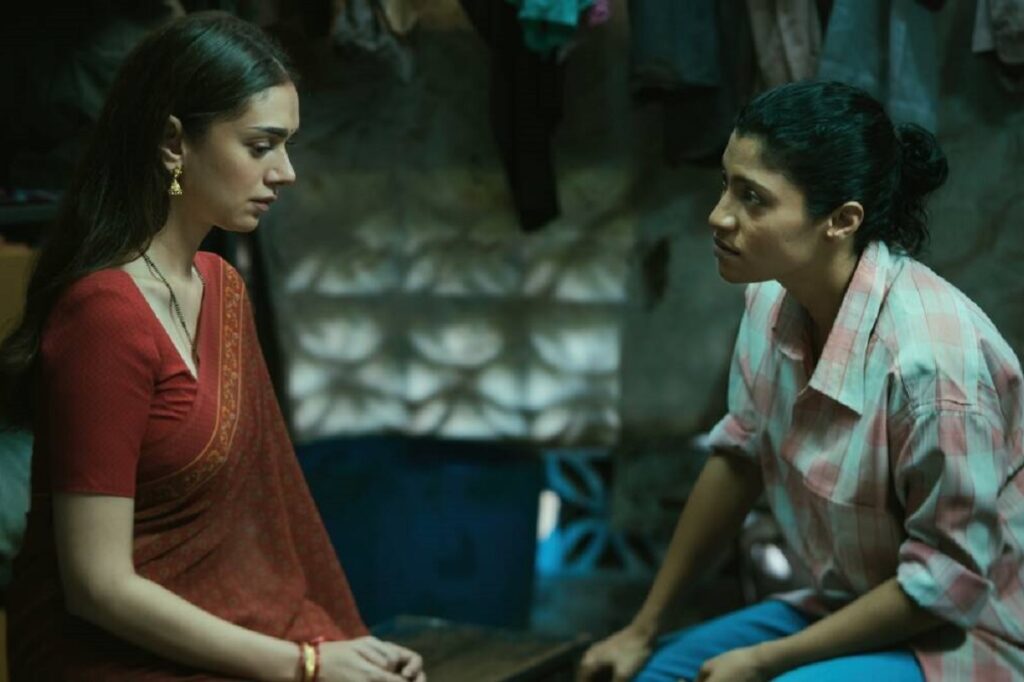
A tale of two women, Bharti Mandal and Priya Sharma, coming from completely different social realities. Bharti, a Dalit woman who is a factory worker, and Priya, a Brahmin woman who is a data operator, form an unlikely friendship amid the rigid hierarchies.
It is an emotionally charged tale which will open the world of desire but not without leaving the deep structures of exploitation clouded—the constant search for an identity in a world that often seeks to confine women. Geeli Puchhi exposes the false narrative of ‘merit’ or talent which denies or covers systematic exclusion. Attention to detail in a captivating setup makes us immerse deeply into the story.
- Sheer Qorma (2021)
A story packed with family drama, personal desires and social expectations resonates beautifully for capturing the lived experiences of queer relationships.
Prejudices and societal morality become a hurdle in a love story. Sounds too typical. But this love story is not. As two queer women choose to embrace the love that does cross the limits of personal beliefs and morality.
Two women, Sitara and Farida, are deeply in love. However, they face prejudices and a lack of acceptance on the part of their family. Sheer Qorma takes up the issue in a subtle and encompassing way, without falling for stereotypical lines.

Exceptional performances of Shabana Azmi, Divya Dutta, and Swara Bhasker make it even more heartfelt. The vulnerability of the characters makes them relatable and compelling.
It draws a genuine picture of the challenges faced by the LGBTQ+ community in India. Sensitive and compelling storytelling, allows it to unfold with authenticity and emotional depth.
Visually captivating Sheer Qorma is a fascinating watch. Vibrant colours and textures of the Indian setting fill richness into the baseline.
- Shubh Mangal Zyada Saavdhan (2020)
Looking for a heartening rom-com, some fun time with good entertainment? Shubh Mangal Zyada Saavdhan is the choice to go for. Light-hearted jokes, a chaotic family wedding, all packed in one package.
A gay couple, Kartik, and Aman, put effort into making their family come to terms with their identity. And this ensures the whole family drama.
Powerful comic performances blend humour and emotion perfectly. Humour can be liberating too. The movie hits hard at the absurdity of homophobia.
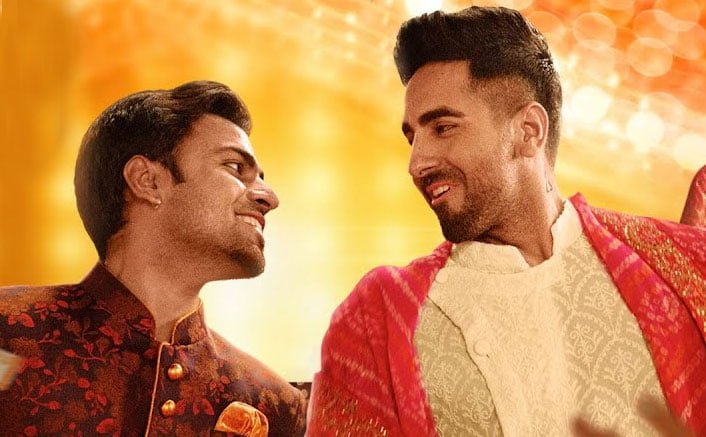
The movie was able to bring the subject of same-sex love to a greater audience. This groundbreaking commercial success does fine-tune in complementing entertainment with some essential questions. This pure entertainment skillfully manages the message of love and acceptance.
The cheerful comedy challenges stereotypes, asserting that humour can be done in healthier, accommodative, and inclusive ways.
Disclaimer: This is by no means an exhaustive or representative list of Indian Queer films. Suggestions to add to the list are welcome in the comments section.
